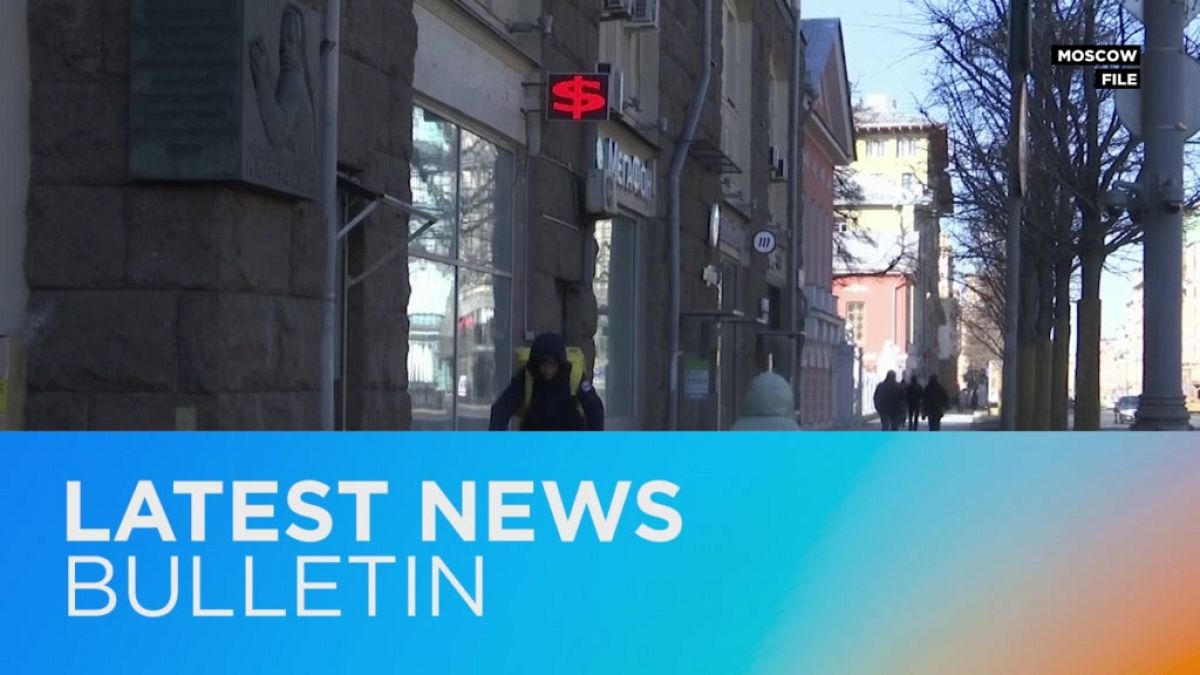An oil and gas industry expert says Russia 'could retaliate' if EU imposes an energy supply embargo, but cutting off gas supplies to European countries.
Russia could retaliate if an embargo is imposed on its energy supplies by more EU countries.
That's according to oil and gas expert, Mikhail Krutikhin, who spoke to Euronews correspondent Galina Polonskya Monday.
An embargo would significantly impact the Russian economy, but Krutikhin explained that it wouldn't be that easy.
“If such an embargo arises, and they stop buying Russian oil in Europe, in the European Union, then this will be a colossal blow to the Russian economy. We see that 27 percent officially goes to the federal budget,” says Krutikhin.
Krutikhin continues: “From oil and gas in total, the reality is closer to 60%, because you have to take into account taxes on profits from oil campaigns. And many many other taxes. It will cause the collapse of the Russian budget and the Russian economy.”
By Krutikhin’s estimations, revenues to the Russian budget will probably run out by half, and maybe even more.
Oil shares are now being exported to China for cheap – or even free. That is, this is compensation for loans provided earlier to Rosneft. A block to these channels however, would see the collapse of the Russian budget.
Europe however would have difficulty enforcing a complete embargo. There are a few reasons for this:
Firstly, some European countries will face difficulties without Russian oil because they simply do not have alternative ways of sourcing it.
Czech Republic, Slovakia and Hungary for instance are supplied with the Druzhba oil pipeline system. Furthermore, 20 percent of Germany's total refining capacity is now in the hands of Rosneft.
For the moment, Russian companies will continue to supply its facilities, despite the pressure mounting on countries to halt its reliance on this oil.
Meanwhile, Russia’s central bank has reopened bond trading on the Moscow exchange for the first time since the country invaded Ukraine.
The price of Russia’s ruble-denominated government debt fell Monday, skyrocketing borrowing costs higher. Stock trading however has remained closed, with no indication as to when they may resume.
The central bank bought bonds to support plummeting prices. It has imposed wide-ranging restrictions on financial transactions to try to stabilize markets and combat the severe fallout from Western sanctions that have sent the ruble sharply lower against the U.S. dollar and the euro.
Ratings agencies have downgraded Russia’s bonds to “junk” status. Russia’s finance ministry last week dabbled with the idea of defaulting – threatening to pay foreign holders of dollar bonds in massively devalued rubles before sending the money in dollars.
Stocks last traded on February 25th, the day after the invasion started and sent the main stock index sharply lower.
